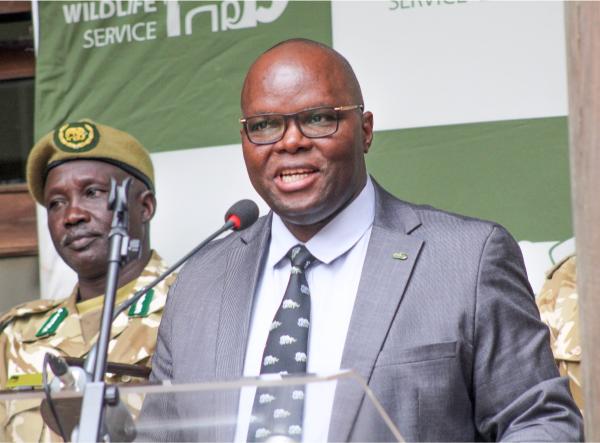KWS proposes conservation fee hike to bridge Sh12 billion funding gap

KWS Director General Prof. Erastus Kanga said the move is driven by the need to align with current economic realities and sustain the country’s conservation mandate.
The Kenya Wildlife Service (KWS) has proposed new regulations to raise conservation access fees for the first time in nearly two decades, citing a critical Sh12 billion annual deficit threatening wildlife protection efforts.
If approved, the Wildlife Conservation and Management (Access and Conservation Fees) Regulations, 2025 will revise entry charges to national parks, reserves, sanctuaries, and marine protected zones across the country.
KWS Director General Prof. Erastus Kanga said the move is driven by the need to align with current economic realities and sustain the country’s conservation mandate.
“Our fee structure has not changed since 2007, despite soaring costs, inflationary pressures, and growing threats to wildlife,” Prof. Kanga said. “This review goes beyond revenue it’s about safeguarding the future of Kenya’s biodiversity and ensuring resilient conservation systems.”
KWS projects that if the new charges are implemented, park revenues could nearly double to Sh16.58 billion annually by 2028. The additional funds would support priority areas including habitat restoration, wildlife security, infrastructure upgrades, education outreach, and compensation schemes for communities affected by human-wildlife conflict.
Despite generating Sh7.92 billion from tourism in the 2024/2025 financial year, KWS says it needs Sh19.79 billion to fulfil its conservation responsibilities. Prof. Kanga warned that the widening budget gap could cripple efforts to protect Kenya’s wildlife and undermine livelihoods tied to the tourism sector.
“This deficit threatens not just wildlife, but also over one million Kenyans who rely on a vibrant wildlife economy from community rangers and guides to hoteliers and artisans,” he noted.
KWS said the proposed changes are backed by a nationwide stakeholder engagement process and impact assessments, with input from local communities, tourism operators, and conservation partners.
“This is a collective effort to build a sustainable, globally aligned conservation model that reduces dependence on the Exchequer,” Prof. Kanga added.
The fee revision is a key part of the KWS 2024–2028 Strategic Plan, aimed at strengthening self-reliance and long-term environmental stewardship.
